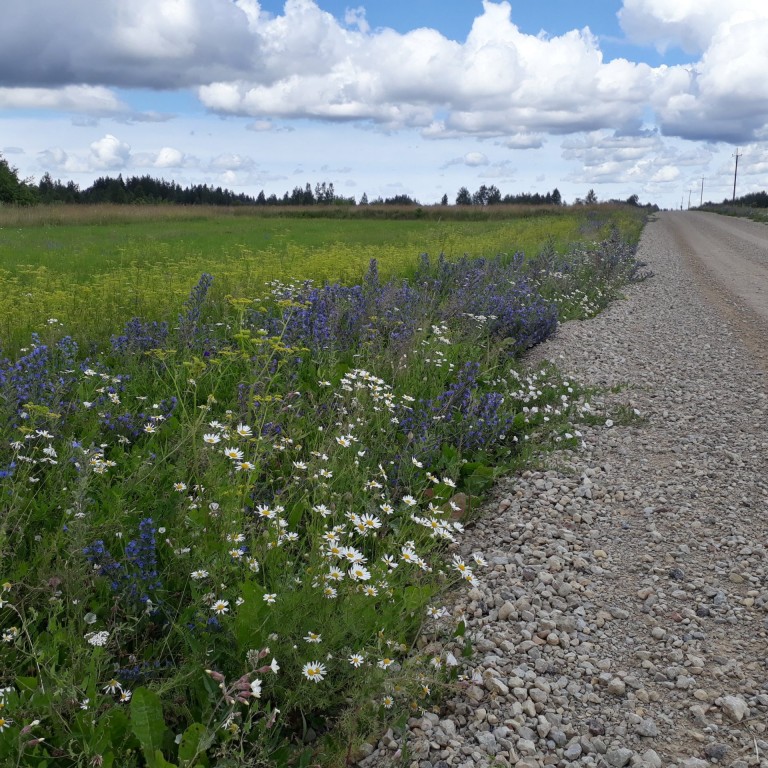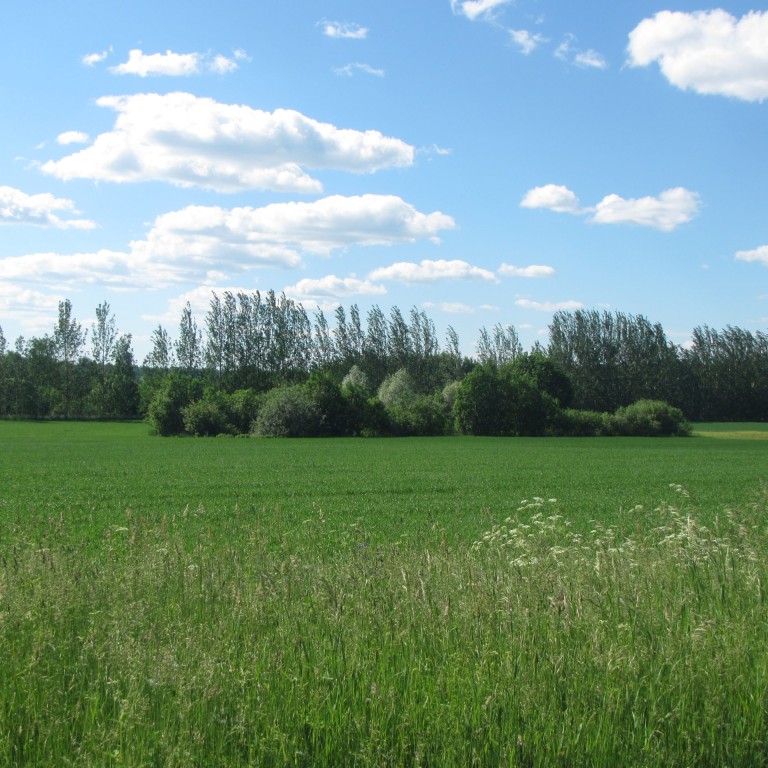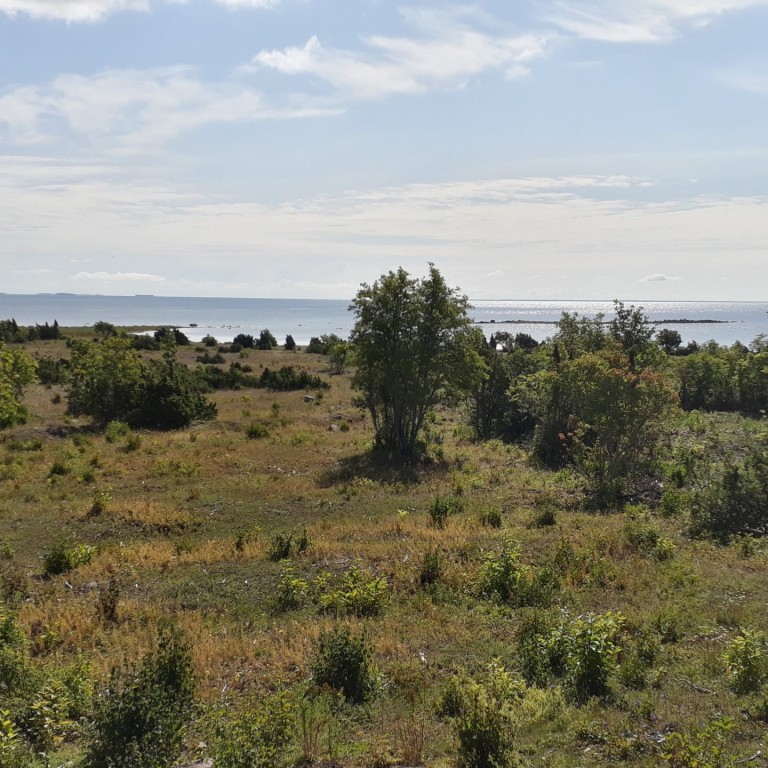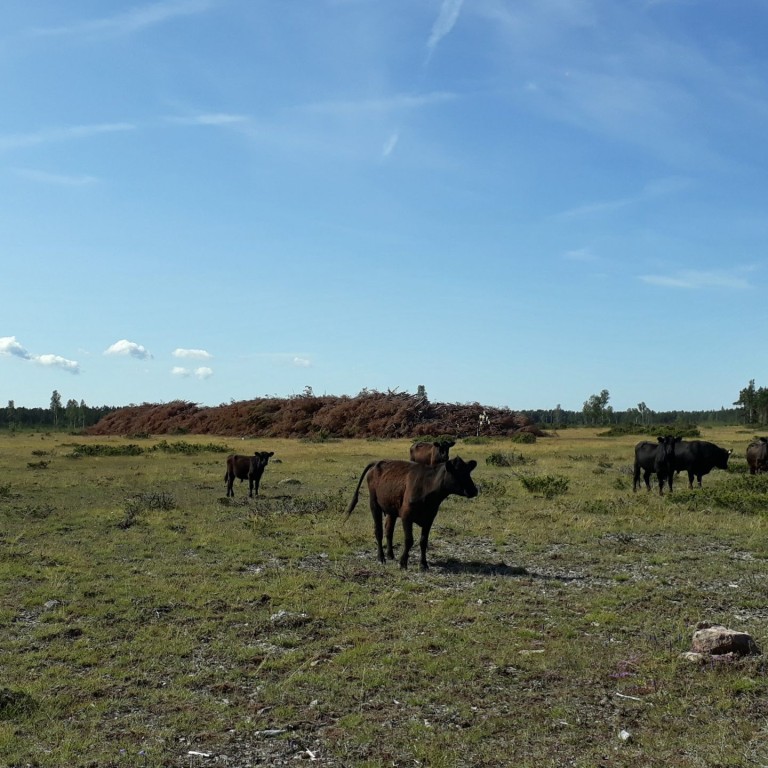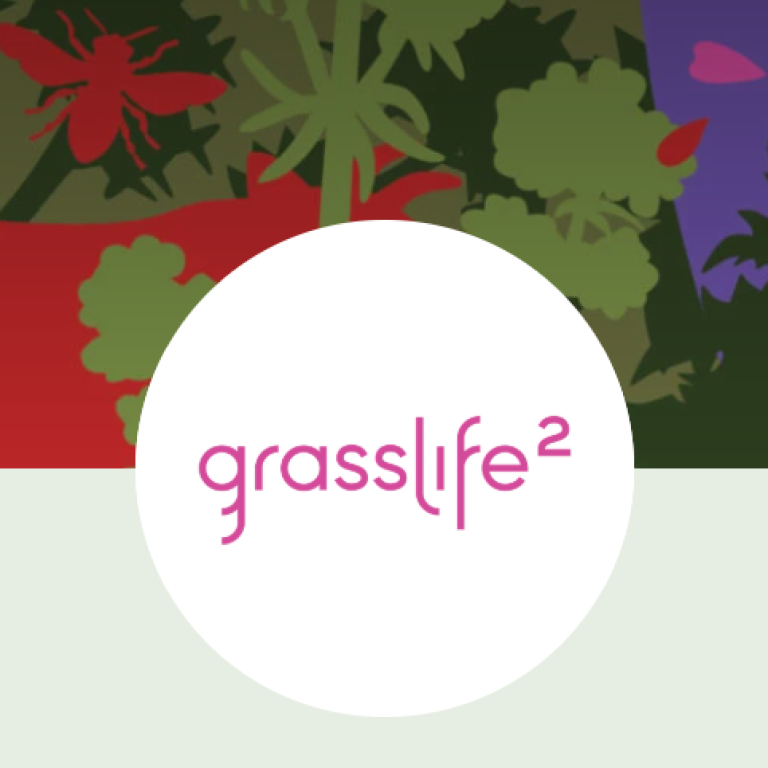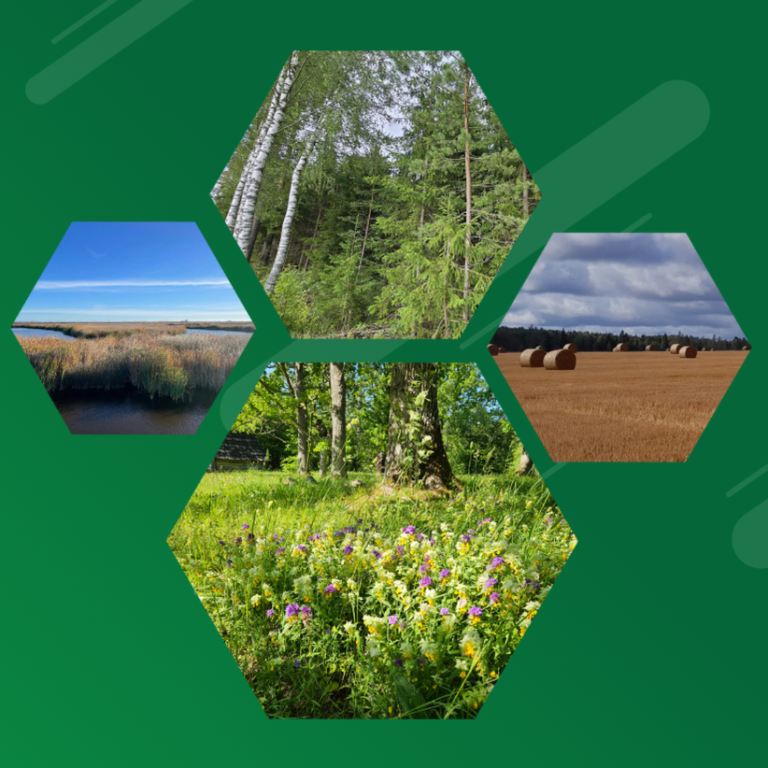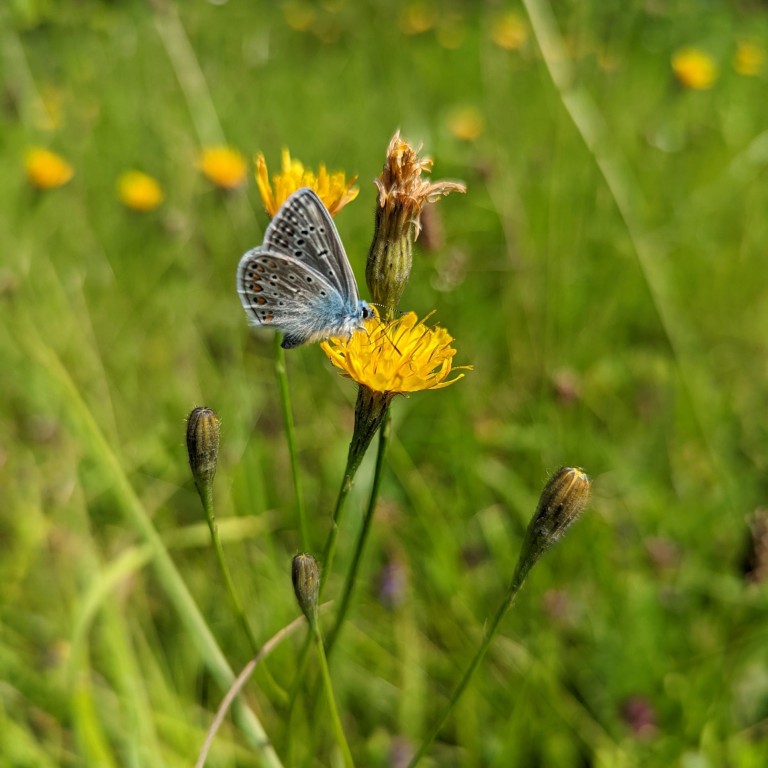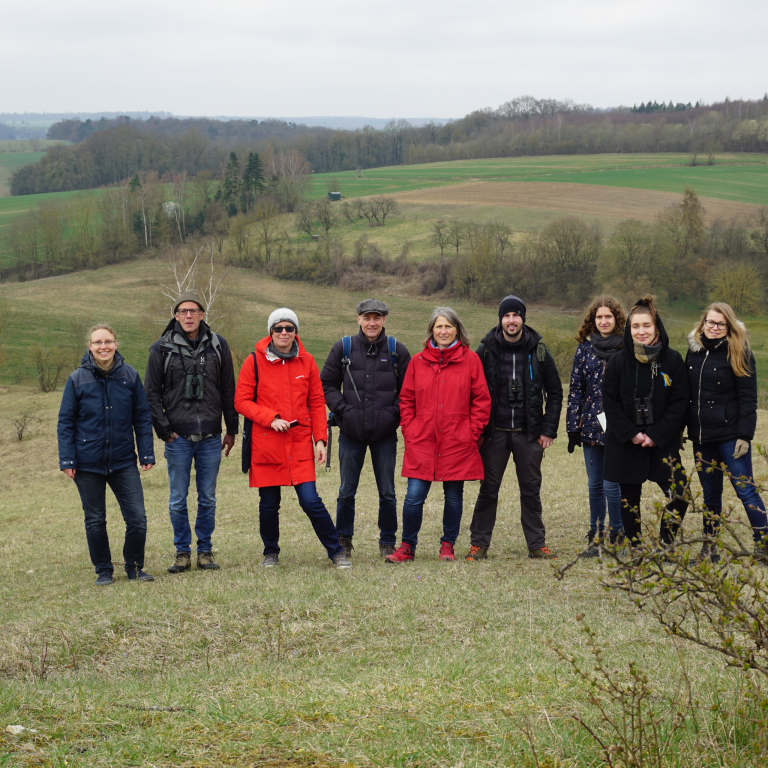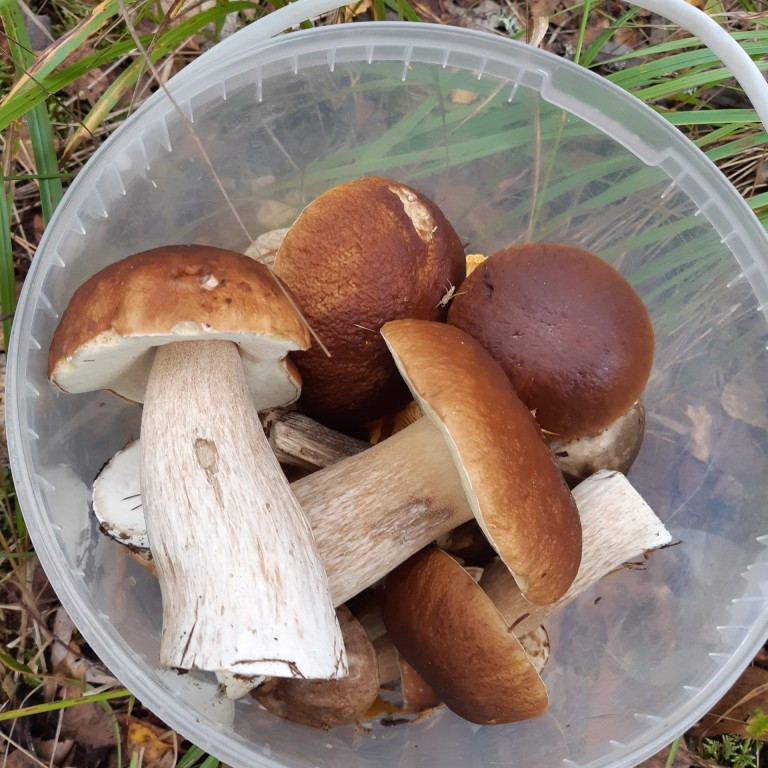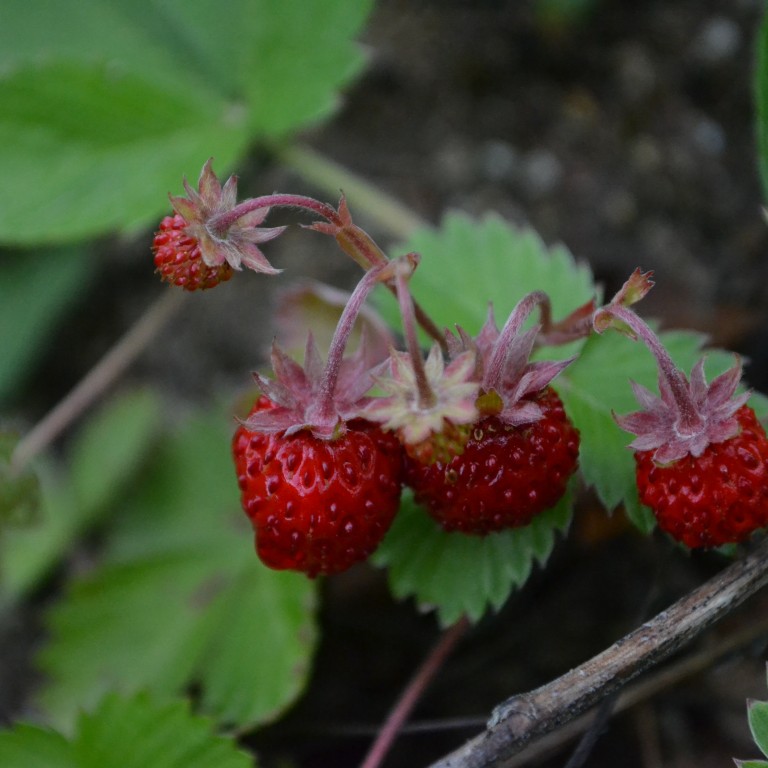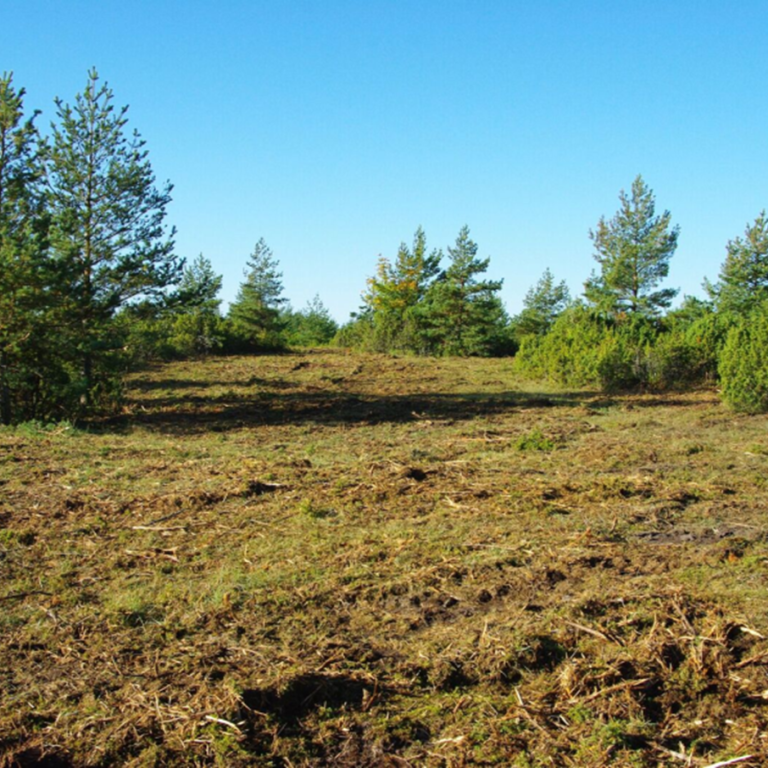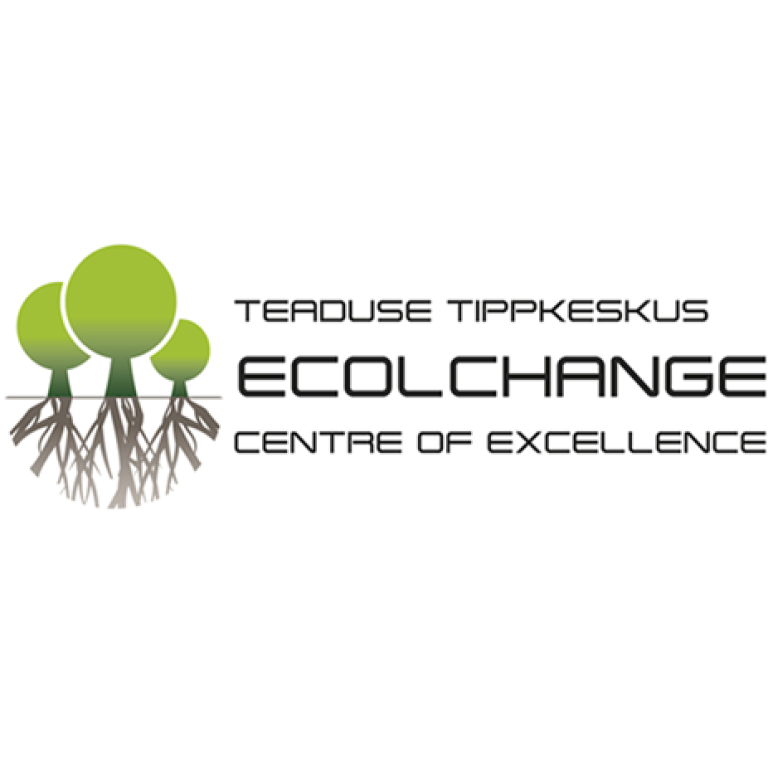Comprehensive management of forest and farming landscapes to improve the conservation status of Natura 2000 habitats and species
Duration: 2020 January - 2029 December
The project is developed to tackle different conservation challenges that influence the values of Estonian most diverse ecosystems. Estonia is a sparsely populated country with vast territories covered with forests, wetlands and arable land, and where the historic land use has resulted in heterogenic and diverse landscapes. Socio-economic situation is changing – Estonia has been rapidly developing and rural areas face new challenges, mainly intensifying management due to different reasons that takes place both in forest and farming landscapes. The project will focus on forests and arable land with high biodiversity, this includes seminatural grasslands, fields, pastures and other types of arable land and a range of different forest ecosystems. The practices and methodologies to be developed and tested in the project will be of high demonstration value also for other regions and countries of the EU.
In this project, our workgroup is involved with the sustainable management of semi-natural grasslands and ensuring the biodiversity in agricultural landscapes. Together with our partners, we will help launch a councelling system for semi-natural grasslands, restore grasslands and help with communication. In agricultural landscapes, we will create sample areas where crop yield and biodiversity are guaranteed thanks to science-based agroecological approaches. Together with farmers, we will test which agricultural practices are most effective in Estonia. We will work closely together with BirdLife to monitor the effectiveness of agri-environmental measures.
Project participants: Aveliina Helm, Tsipe Aavik, Marianne Kaldra, Rufus Trepp, Liis Kasari-Toussaint, Linda Pall, Kristiina Jürisoo, Remek Meel, Tanel Vahter
Partners: Ministry of the Environment (coordinator), Environmental Board, Ministry of Rural Affairs, State Forest Management Centre, BirdLife Estonia, Private Forest Centre, University of Tallinn, KEMIT
Funding: European Commission
